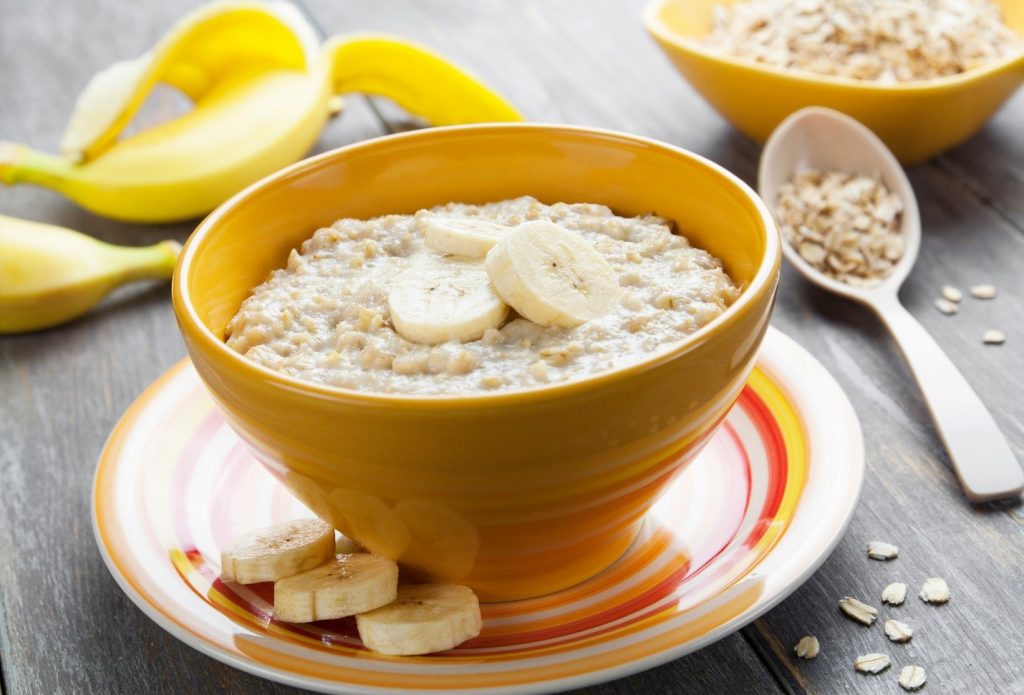
If you have a temporary dental crown or veneer, it’s crucial to handle it with care until your permanent crown is in place. One precaution to take is to switch to a soft foods diet, as hard or crunchy foods can damage the temporary restoration. Although you may be tempted to indulge in ice cream and other sweet treats, it’s important to prioritize balanced meals that promote healing and overall health. If you don’t know where to start, continue reading to learn how to eat well on a soft foods diet.
10 Healthy, Soft Foods to Eat with a Temporary Restoration
It’s important to incorporate a range of nutrients into your soft foods diet. You can do that without having to settle for bland meals with these options:
- Healthy fats, like olive or coconut oil and smooth nut butter
- Filling carbs, like rice and mashed sweet potatoes
- Soft fruits, like avocado, bananas, and kiwi
- Soft meats, like chicken, turkey, and fish
- Whole, scrambled eggs
- Vegetable soup
- Soft bread
- Oatmeal
- Yogurt
- Pasta
What NOT to Eat on a Soft Foods Diet
When following a soft foods diet, it’s important to steer clear of hard, crunchy, and sticky foods. This includes toffee, gum, popcorn, peanut brittle, tough bread, chewy meats, and pretzels. The reason why these foods should be avoided is because they require extensive chewing and may damage a temporary veneer or crown. If you aren’t sure about how safe it is to eat a food item, consult your dental team.
5 Additional Dos and Don’ts of Caring for Your Temporary Restoration
While sticking to a soft foods diet is a good start, additional measures are necessary to keep your temporary restoration secure. Here are some ways to care for your dental crown:
- Contact your dentist – If any unusual symptoms arise, such as the restoration feeling loose, be sure to reach out to your dentist so they can determine the cause.
- Rinse your mouth – Do this with a mixture of salt and warm water to keep the area clean.
- Avoid unhealthy dental habits – This includes things that can harm your smile, like drinking excessively and smoking cigarettes.
- Carefully brush and floss – This will prevent damage to your restoration as well as oral health issues that can jeopardize them, such as cavities and gum disease.
- Don’t chew gum – This may cause your restoration to become lose.
Taking excellent care of your temporary dental crown is crucial, especially since the permanent one may take a few weeks to arrive. This way, you can maintain a healthy bite and a beautiful beam while you wait for your smile to be complete!
About the Practice
At Hilltop Family Dental, Dr. Robert Nicholas Slezak and his team are dedicated to helping patients achieve their dream smiles through a range of treatments and excellent oral care. Their goal is to provide a comfortable and relaxing experience for every patient while using the latest dental technologies and techniques to ensure optimal results. They can also offer guidance to those with dietary restrictions, including patients who are following a soft foods diet. To learn more about their services or to schedule an appointment, visit their website or call their office at (440) 285-8211.
